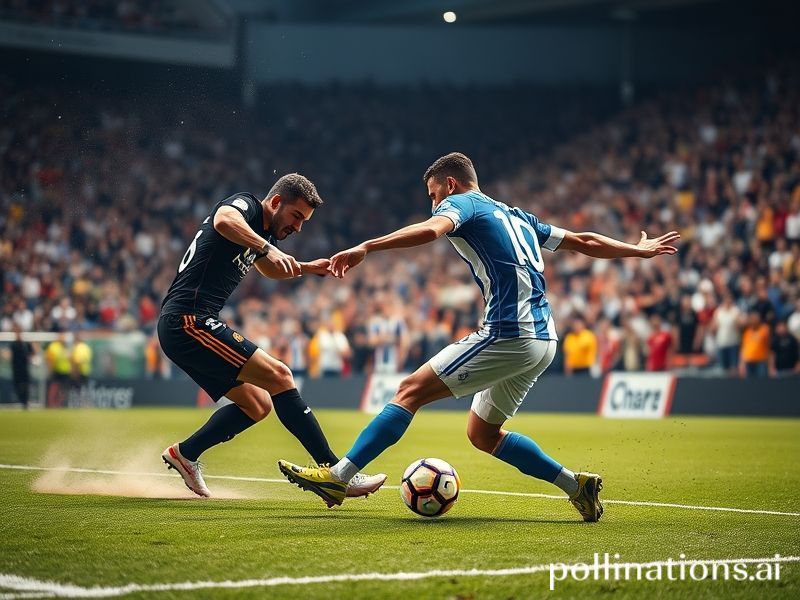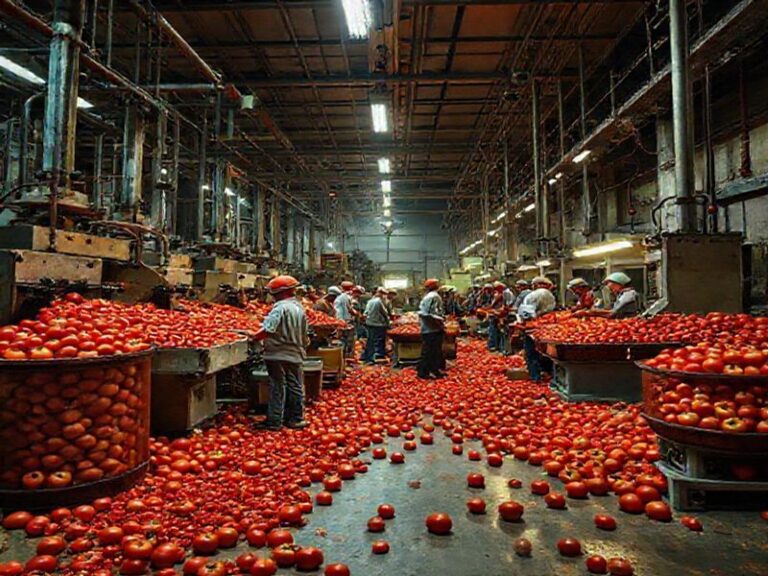Espanyol vs Valencia: The 2-2 Draw That Explains Why We Watch Football Instead of Facing Reality
**The Beautiful Game’s Ugly Cousin: Espanyol vs Valencia and the Global Theater of Disappointment**
By the time Espanyol and Valencia limped onto the RCDE Stadium pitch last Saturday, half the planet had already judged them. In Jakarta, a ride-hailing driver glanced at the scoreboard widget between surge-price alerts; in Lagos, a betting syndicate updated its Excel sheet of “sure things that weren’t”; in Akron, Ohio, an insomniac graduate student toggled from climate-catastrophe Reddit to LaLigaTV, desperate for something colder than the atmosphere yet warmer than his thesis. The match finished 2-2, a scoreline that flattered everyone involved, including the concept of arithmetic itself.
Let’s be honest: this wasn’t El Clásico, the Superclasico, or even the moderately persuasive “clasico” your Madrid Airbnb host insists Getafe plays. This was a mid-table exorcism between two clubs whose balance sheets are more frightening than their ultras. Espanyol, owned by a Chinese conglomerate whose name changes every fiscal quarter, and Valencia, governed by a Singaporean billionaire who once tried to trademark the word “gratitude,” meet the modern definition of heritage: something too expensive to maintain but too embarrassing to demolish.
Still, 24,000 souls paid municipal-rent prices to watch the spectacle, proving that hope remains the one commodity whose market never crashes—although it does frequently mis-sell derivatives. The away end featured a cohort of Valencianos who had flown in on €12 Ryanair tickets, the aviation equivalent of a payday loan. They sang of regional pride while their luggage remained in Bratislava, a metaphor for globalization nobody asked for.
On the pitch, the first half moved at the pace of a UN climate negotiation. Espanyol’s striker—a Serbian on loan from a club whose stadium is named after a beetroot cooperative—missed a penalty so timid the ball required counseling. Valencia equalized when their 19-year-old winger, recently told his TikTok earnings eclipse his salary, cut inside and curled a shot that deflected off a corporate hospitality banner reading “Disruption Starts Here.” The irony was free, unlike the Wi-Fi.
On 67 minutes, Espanyol’s captain collapsed clutching his knee, prompting the sort of hush usually reserved for election nights when the exit polls arrive early. Medical staff sprayed enough coolant to reverse three degrees of planetary warming, but the captain still departed on a cart that resembled a golf buggy designed by Hieronymus Bosch. Valencia’s fans chanted “¡Así, así, así se cae!”—roughly, “That’s how you fall!”—a reminder that compassion, like clean water, remains unevenly distributed.
The second equalizer came deep in stoppage time, after VAR spent three minutes reviewing whether a handball had occurred inside the area or merely inside late-stage capitalism. The referee, whose day job involves auditing crypto start-ups, pointed to the spot. Espanyol converted, the stadium erupted, and somewhere in a London hedge fund a quant algorithm shorted both clubs’ debt. Final score: 2-2, or as economists call it, a Pareto sub-optimal equilibrium.
What does it matter beyond Barcelona’s suburbs? Quite a lot, if you believe the sport’s evangelists who insist football is the universal language. Judging by this dialogue, humanity’s conversation consists mainly of grammatical errors and unpaid invoices. Yet the broadcast reached 183 territories, proving that even mediocrity can go viral if you wrap it in a neon graphic and add a dramatic soundtrack performed by a Moldovan brass ensemble.
The broader significance is sobering. While diplomats argue over borders, 22 itinerant millionaires trace geometric patterns for our distracted edification. We watch because the alternative is acknowledging the news push-notifications piling up like unopened eviction notices. Every 50-50 tackle becomes a proxy for fairness in a world that has largely forgotten the concept. When the referee blows for full time, we’re returned to the same unequal standings we never really left, only now with concession-stand garlic fries repeating on us.
So Espanyol and Valencia shuffle on, their European hopes as realistic as a carbon-neutral cryptocurrency. Next week the carousel spins again, broadcasting fresh disappointment to insomniacs, gamblers, and romantics—three demographics rapidly converging into one. The beautiful game? Maybe. But increasingly it’s the beautiful grimace, and we’re all season-ticket holders.







